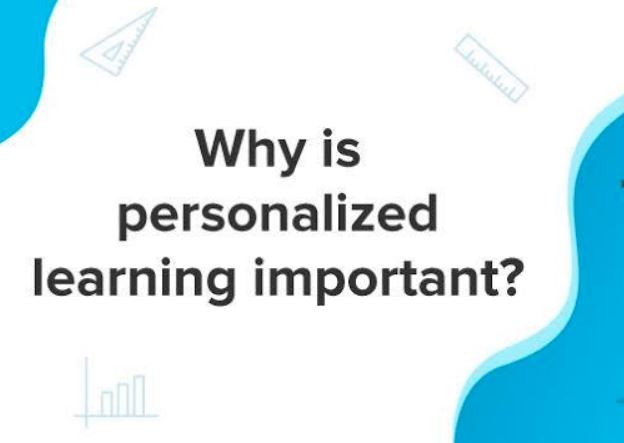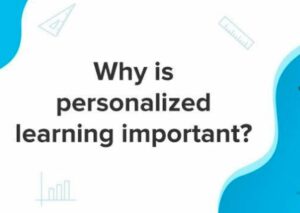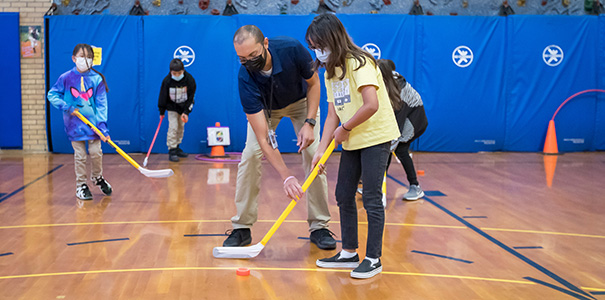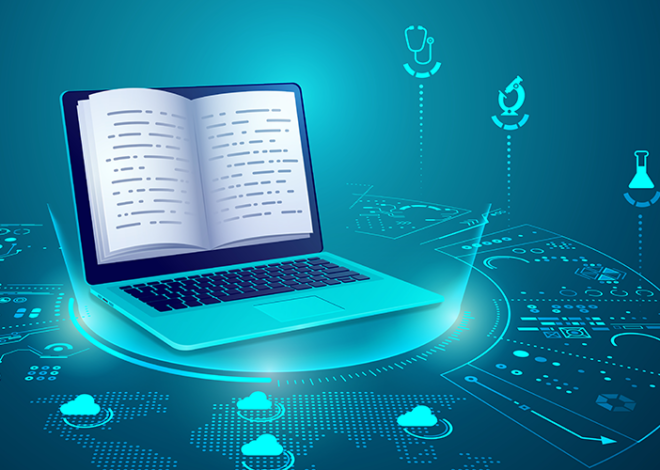
Empowering Students through Personalized Learning: Tailoring Education to Individual Needs
Every student is unique, with their own learning style, interests, and pace of learning. One-size-fits-all approaches to education often fail to tap into the full potential of students. That’s where personalized learning comes in. By tailoring education to individual needs, personalized learning empowers students to take ownership of their education and achieve their full potential. In this blog post, we will explore the power of personalized learning and how it empowers students to thrive academically and personally.

1. Acknowledging Individual Differences:
Personalized learning recognizes that every student has unique strengths, weaknesses, and interests. It seeks to understand and accommodate these individual differences, ensuring that each student receives the support and resources they need. By recognizing and leveraging these differences, personalized learning empowers students to learn in ways that resonate with them, fostering a deeper understanding and engagement.
2. Flexibility in Learning Paths:
Traditional education often follows a linear path, with all students progressing at the same pace. Personalized learning breaks this mold by allowing students to follow learning paths that align with their individual needs and goals. It offers flexibility in terms of pace, depth, and focus of learning. This flexibility enables students to go beyond surface-level understanding and delve deeper into subjects they are passionate about.
3. Tailoring Instruction to Individual Needs:
Personalized learning goes beyond adjusting the pace of learning. It tailors instruction and materials to meet the specific needs of each student. This can be done through differentiating instruction, providing additional support for struggling students, or offering accelerated opportunities for advanced learners. By addressing individual needs, personalized learning fosters a sense of efficacy and ensures that students receive the right level of challenge and support.
4. Encouraging Ownership and Autonomy:
Personalized learning empowers students to take charge of their learning journey. By allowing them to have a say in what, how, and when they learn, it fosters a sense of ownership and autonomy. Students become active participants in their education, setting goals, making choices, and taking responsibility for their learning outcomes. This sense of agency not only enhances academic achievement but also equips students with vital skills for lifelong learning.
5. Engaging and Meaningful Learning:
When students feel that their education is personally relevant and meaningful, their engagement and motivation soar. Personalized learning provides opportunities for students to connect their learning with real-world applications and personal interests. It encourages projects, inquiry-based learning, and hands-on activities that promote critical thinking and problem-solving skills. By engaging students in meaningful learning experiences, personalized learning inspires a lifelong love of learning.
Conclusion:
Personalized learning is a powerful approach that recognizes and celebrates the individuality of each student. By tailoring education to their unique needs, it empowers students to take ownership of their learning, fostering deeper understanding, engagement, and motivation. As educators strive to meet the needs of all students, personalized learning is becoming an increasingly important part of the educational landscape.



